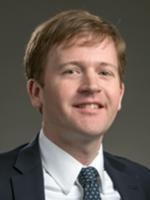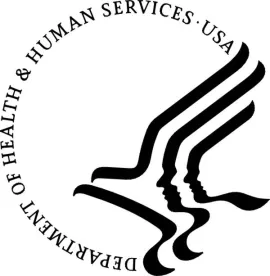On 4 December 2020, the Department of Health and Human Services (HHS) announced the creation of a False Claims Act Working Group (Working Group), with the goal of enhancing HHS’s partnership with the Department of Justice (DOJ) and the HHS Office of Inspector General (HHS-OIG) to combat fraud and abuse.1 This Working Group appears unique in that it does not consist of active DOJ or HHS-OIG attorneys, but, instead, is comprised of former DOJ and non-governmental health care attorneys, as well as current HHS attorneys. Although this Working Group signals greater cooperation between HHS and DOJ in the future, questions remain regarding how its implementation will specifically affect False Claims Act (FCA) enforcement in the health care industry.
Summary of Announcement
The HHS Office of the General Counsel (HHS-OGC) created the Working Group to strengthen HHS’ working relationship with DOJ. According to the announcement, the Working Group is comprised of former DOJ FCA and health care fraud attorneys, former private counsel for health care and life sciences companies, and HHS attorneys experienced with HHS’ most vulnerable payment programs. In comprising the Working Group, these attorneys are tasked with helping HHS more closely coordinate with DOJ and HHS-OIG. HHS noted in its December 4th announcement that HHS’ close coordination with DOJ and HHS-OIG is now even more important due to the significant supplemental funds administered by HHS to combat the COVID-19 pandemic and the significant regulatory changes to reimbursement policies for delivery of care during the public health emergency.
The Working Group aims to identify potential FCA violations and then refer them to DOJ and HHS-OIG. Moreover, the Working Group intends to aid DOJ and HHS-OIG FCA investigations by providing HHS’ views on the legal frameworks of the agency’s funding programs and changes in regulations governing delivery of services and supplies. The Working Group will also provide enhanced and targeted training to employees supporting the HHS programs that are most vulnerable to fraud and abuse, which HHS hopes will allow HHS-OGC attorneys and HHS program operators to better detect and refer potential FCA actions to DOJ and HHS-OIG. Finally, the Working Group will serve as a resource within HHS for consultation regarding legal requirements and recommendations about alleged health care fraud violations.
Takeaways
Although creation of the Working Group expresses a commitment to greater coordination among HHS, DOJ, and HHS-OIG, certain key questions regarding the inclusion of non-governmental attorneys in the Working Group remain unanswered. It is unclear what the exact composition of the Working Group will be beyond former DOJ attorneys, former private counsel, and HHS attorneys. Although the public has been told that these veteran FCA attorneys will contribute to the group, no explanation has been provided regarding in what official governmental capacity they are operating (i.e., are they employees, contractors, advisors?), their specific identities, and whether they will have any direct role in active investigations or litigation. Accordingly, it remains to be seen whether formation of the Working Group will result in an appreciable increase in health care enforcement generally or in specific sectors of the health care industry. While the announcement lists a number of aspirational roles for the Working Group, it is unclear how the Working Group’s process with non-government attorneys will differ from the current processes governing HHS or HHS-OIG referrals of potential FCA actions to DOJ.




 />i
/>i

